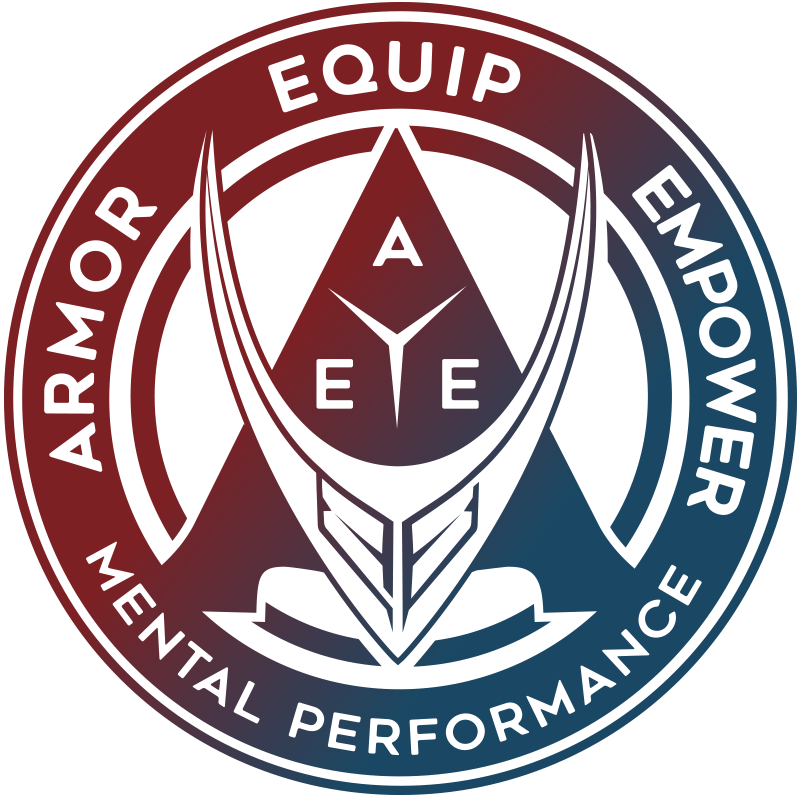Stress-management
for Increasing resilience
apply practical stress-management tools for maintaining resilience
What is stress?
What is stress?
Stress is the body’s reaction to any change that requires an adjustment or response. The body reacts to these changes with physical, mental, and emotional responses. Stress is a normal part of life and some (estress) is needed to achieve our Optimal Zone of Natural Excellence (OZONE). The other (distress) can be detrimental.
Managing stress appropriately allows us to maintain resilience in the face of adversity, prevent burnout, and respond appropriately to the situation within your performance when it matters most.
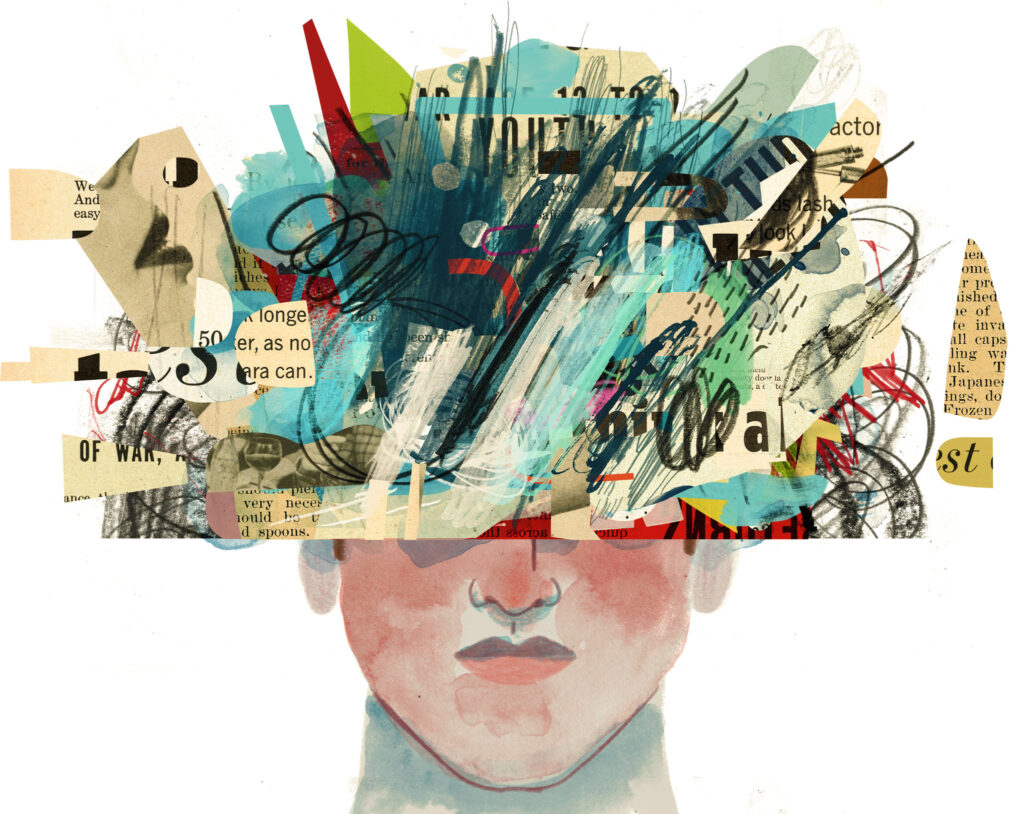
What does excessive stress do to us and our resilience and performance?
Stress is not only feeling off. Stress, when occurring constantly and inappropriately addressed, can lead to further issues such as:
- low energy
- poor recovery
- overactivated musculoskeletal system
- increased mistakes
- poor decision making
- asthma
- headaches
- heart disease
- poor gut health
- hair loss
- diabetes, weight gain
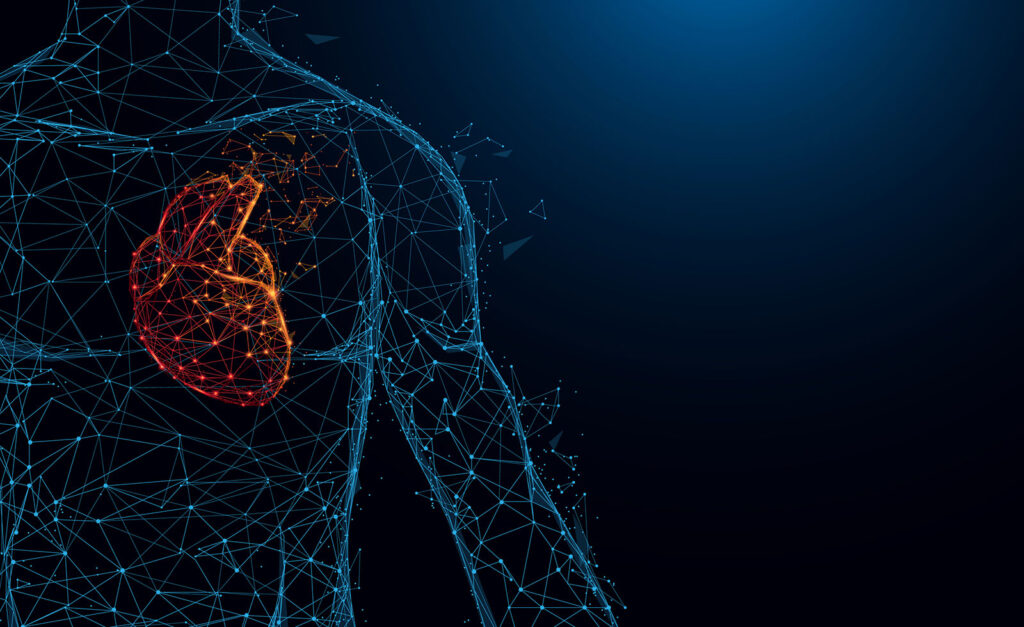
stress your resilience
When you experience stress, look to manage it appropriately letter by letter. Stress-management starts when you S.T.R.E.S.S. your resilience!
Self-Awareness
Growth, change, and performance enhancement start with self-awareness. Research suggests that when we see ourselves clearly, we are more confident and more creative, we make sounder decisions, build stronger relationships, and communicate more effectively and intentionally. We are better workers who get more promotions. And we’re more-effective leaders with more-satisfied subordinates and employees resulting in more profitable companies and effective service oriented organizations. This shapes our environment for consistently achieving optimal performance.
That said, periodically check-in where you are mentally, emotionally, physically, and spiritually. Self-awareness is critical to knowing where you are at any given moment. A resilient foundation helps to promote this awareness. Regularly check-in with yourself with respect to these four essential pillars critical to promoting optimal performance. Self-Awareness is the key!


Time to Process & Reflect
Processing and reflecting is a key component of recovery after performing or after experiencing stressful situations. Processing requires non-judgmentally addressing the uncomfortable thoughts, feelings, and reactions associated with that event and working through those with the appropriate tools. Within reflection, seek self-discovery and meaning, explore controllables and uncontrollables, and tune-in to your internal dialogue (self-talk). Throughout the process, check-in physically, mentally, emotionally, and spiritually maintaining awareness of what is needed to bring those pillars back to their optimal levels so you are READY to re-engage accordingly.
Regroup & Refocus
Regroup and Refocus on growing, learning, and improving. When you are growing and learning, you are not burning out. This is the essence of taking a growth mindset approach to your life. What and who else can you connect and engage with to take that next step to being better and not giving up (fixed mindset)? How and where can you implement rest and relaxation for better recovery? Are you seeking to escape (unhealthy) from stress or relax (healthy) so that you can adequately recover in preparation to perform again? Growing and learning is associated with the parasympathetic branch (responsible for recovery) of our autonomic nervous system. This is where the regrouping happens which then allows us to refocus on what matters. With a new focus, we have the flexibility to cope adaptively with the stressors we face and view these stressors more objectively.


Exercise, Movement, and Nutrition
Stress is an inevitable part of life and it has a significant impact on the physiological processes (release of stress hormones) that put us into a sympathetic, ready-to-respond state. As a result of staying in “fight or flight,” sympathetic state within a sedentary lifestyle, our bodies end up not utilizing the stress hormones through movement and these hormones remain in our body too long. By regularly exercising and refueling properly, we “process” these hormones in the way our bodies were used to for thousands of years and we mitigate the negative effects of stress. Consistent and regular exercise also releases endorphins that help cope with stress and boost dopamine levels that create a positive attitude and happy feeling. This has been shown to increase confidence, improve mood, help relax, and improve quality of sleep. These are all elements necessary for optimal performance in stressful situations.
Sense of Belonging
Creating a sense of belonging is an outcome of engaging appropriately to better manage stress collectively. Engaging with others also allows us to better manage our own response to various stressors in our lives by compelling us to see things from a different perspective. Founded on the three concepts of safety, vulnerability, and purpose; a strong sense of belonging helps to increase our perceptions of social support and solidarity in high stress situations. In STRESSing our resilience, it is not only important to evaluate how we are contributing to creating a sense of belonging within our organization and families, but also how we are responding to the sense of belonging that exists.


Strengthen your WHY!
The final component of STRESSing your resilience entails tuning-in to what matters and clarifying your WHY. This is a critical aspect to keeping you on track when the stress of the profession or the stress of life throws you off. As we experience stress on a consistent basis and it goes unaddressed, we begin to lose sight of why we do what we do. This significantly impacts how we respond to stressful situations (coping), how we recover from day to day, our mindset (fixed vs growth), our motivation, and how we interact with others. As a result, we tune-out from what drives us continuously. When we tune-out, we end up unconsciously allowing our environment to lead us and from that, we become more susceptible to burnout and other stress related injuries due to no longer perceiving control.
Strengthening your WHY begins with identifying your core values. Values help clarify your ultimate purpose and increase your perceptions of control within your environment. Tuning-in to your values provides direction and promotes sustained long-term optimal motivation. Solid values push you to leave your comfort zone as you strive for progress which oftentimes requires taking risk (vulnerability) and learning from mistakes. This ultimately leads you towards appropriately facing and overcoming challenges and obstacles. In the toughest and most chaotic of times, values, when followed by action, lead to personal meaning, individual growth, and fulfillment. When we are clear and concrete on our values, we contribute to increasing our self-worth as we develop our personal philosophy in relation to the world based on our authentic, meaningful visions of who we want to be.
progressive muscle relaxation
What is Progressive muscle relaxation?
Progressive muscle relaxation (PMR) is a deep relaxation technique that has been effectively used to control stress and anxiety, relieve insomnia, and reduce symptoms of certain types of chronic pain. The technique of progressive muscle relaxation was described by Edmund Jacobson in the 1930s and is based upon his premise that mental calmness is a natural result of physical relaxation. This mental calmness is what you want to achieve within your recovery state so that you can process stressful/undesirable situations and apply a growth mindset that facilitates proper recovery and adequate preparation for the next performance – all necessary steps for maintaining your resilience.
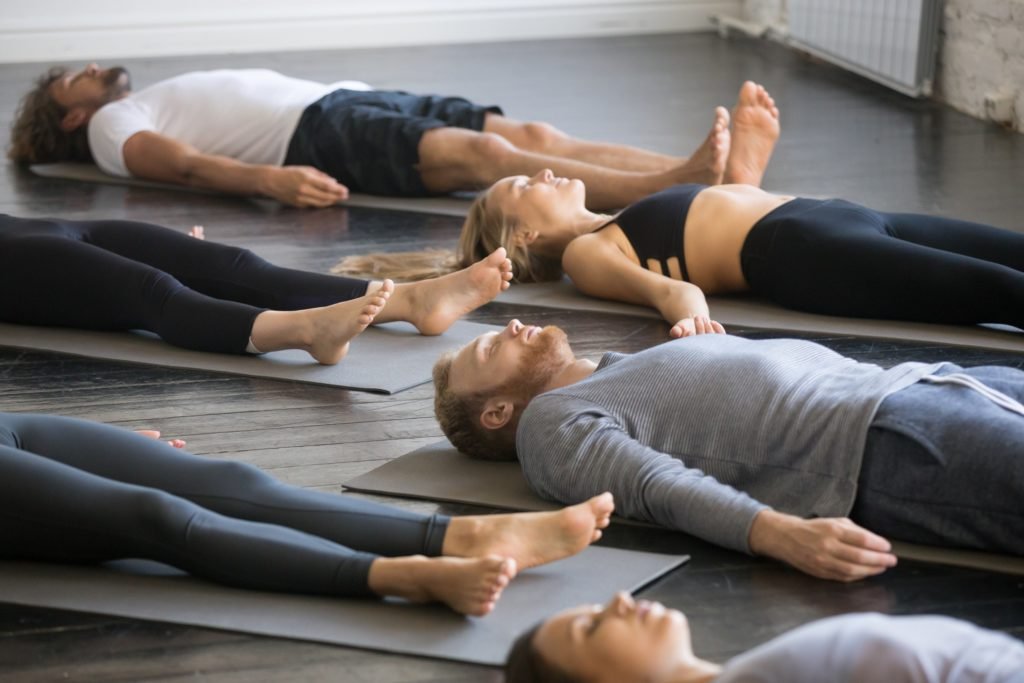

When we experience stress or anxiety in our lives our bodies tend to respond with muscle tension. The more consistently we remain and perform in this state of tension, the more normal it becomes and the less we realize what our bodies are holding on to. Some of the results of this constant tension are headaches, poor sleep, back and neck pain, high blood pressure and heart rate, etc. Progressive muscle relaxation helps to relieve that tension so we are more prepared to perform again.
PMR involves tensing a group of muscles in a specific order. breathing in, and then relaxing those muscles as you breathe out. As you work through the sequence and relax your muscles, the less anxious you will feel as it is highly impossible to feel anxious and relaxed at the same time.
The more this skill is practiced, the easier it will become and this can result in better sleep, better recovery from one performance to the next, and appropriately managed stress. Then, PMR becomes a valuable stress-management tool. Below we have provided some resources to help guide your PMR skill development and implementation.
How to apply PMR for stress-management to increase resilience?
PMR can be practiced lying down or in a chair. Each muscle or muscle group is tensed for five to seven seconds and then relaxed for twenty to thirty seconds. This procedure is repeated at least once. If one of your muscles is hard to relax, you can practice tensing and releasing it up to five times.
Guided PMR session for releasing stress:
mindfulness
What is mindfulness?
John Kabbat-Zinn, a father of western mindfulness approach, defines mindfulness as a moment to moment non-judgemental awareness.
Mindfulness is a practice that helps to create a space between you and what is going on which then decreases being overly reactive. This ultimately leads to a higher self-regulation of thoughts, emotions, and behaviors linking to improved performance and increased well-being and health. Mindfulness therefore is a significantly effective stress-management tool that helps maintain resilience.
There’s exponentially growing research showing that when you train your brain to be mindful, you’re actually physically restructuring your brain. In other words, your stress-management becomes automatized. The main impact of mindfulness training is on the amygdala (the emotional part of the brain):
- Compared to those who do not practice mindfulness regularly, the amygdala is smaller among those who do practice regularly. Additionally, mindfulness practice strengthens the connections between your amygdala and other parts of the brain that send the calming response back to amygdala, when triggered. As a result, your brain is shaped to be less reactive to any stimulus and your stress level decreases. This automatized stress-management then helps sustain resilience regardless external conditions.
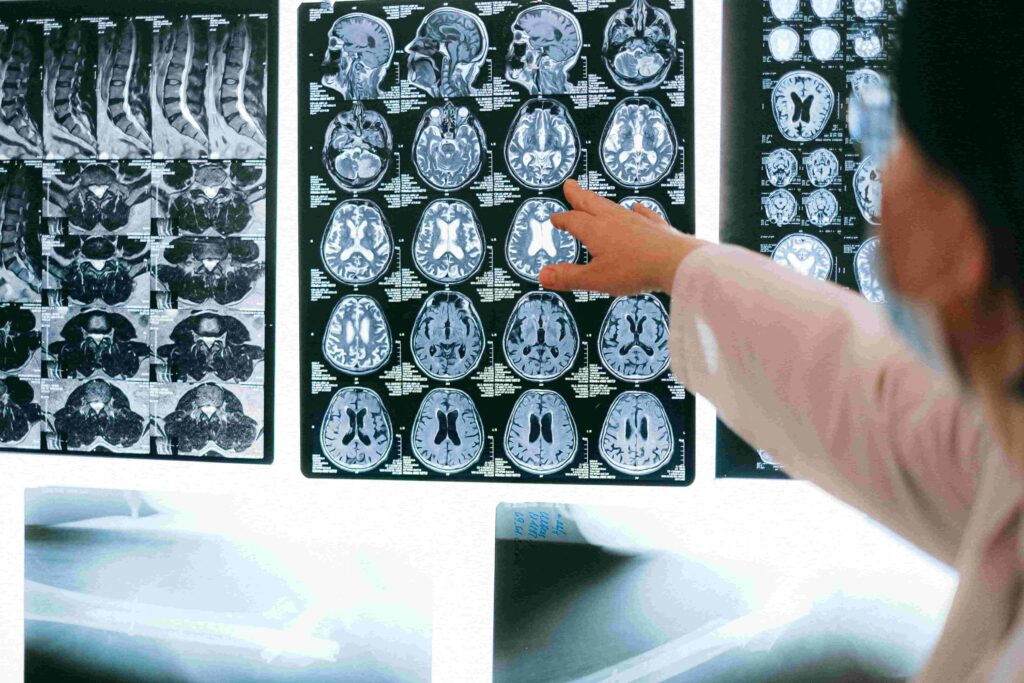
The three pillars of mindfulness approach to resilience
present moment awareness
created space between your experience and the observer
non-judgemental approach
Learn more about mindfulness and its impact stress-management and resilience
Mindfulness, as an effective self-regulation tool, can be combined with PMR to further help manage stress by targeting our response to stressors in our lives. With its focus on nonjudgmentally bringing awareness to our thoughts and emotions, we create some distance from those and allow ourselves to adjust our perspective in a productive way. Studies show that, among performance enhancing impacts, this has a positive impact on reducing anxiety and depression as well as leads to a less intense response to stress.
We have created a whole Resource Room designated for mindfulness. To learn more about what Mindfulness looks like, about the research and its application, about its impact on stress-management and resilience as well as about how to practice mindfulness, visit our Mindfulness Resource Room.
Mindfulness Practice for Self-regulation and Resilience
- brian.bishop@aeementalperformance.com
- Denver Metro Area, CO
